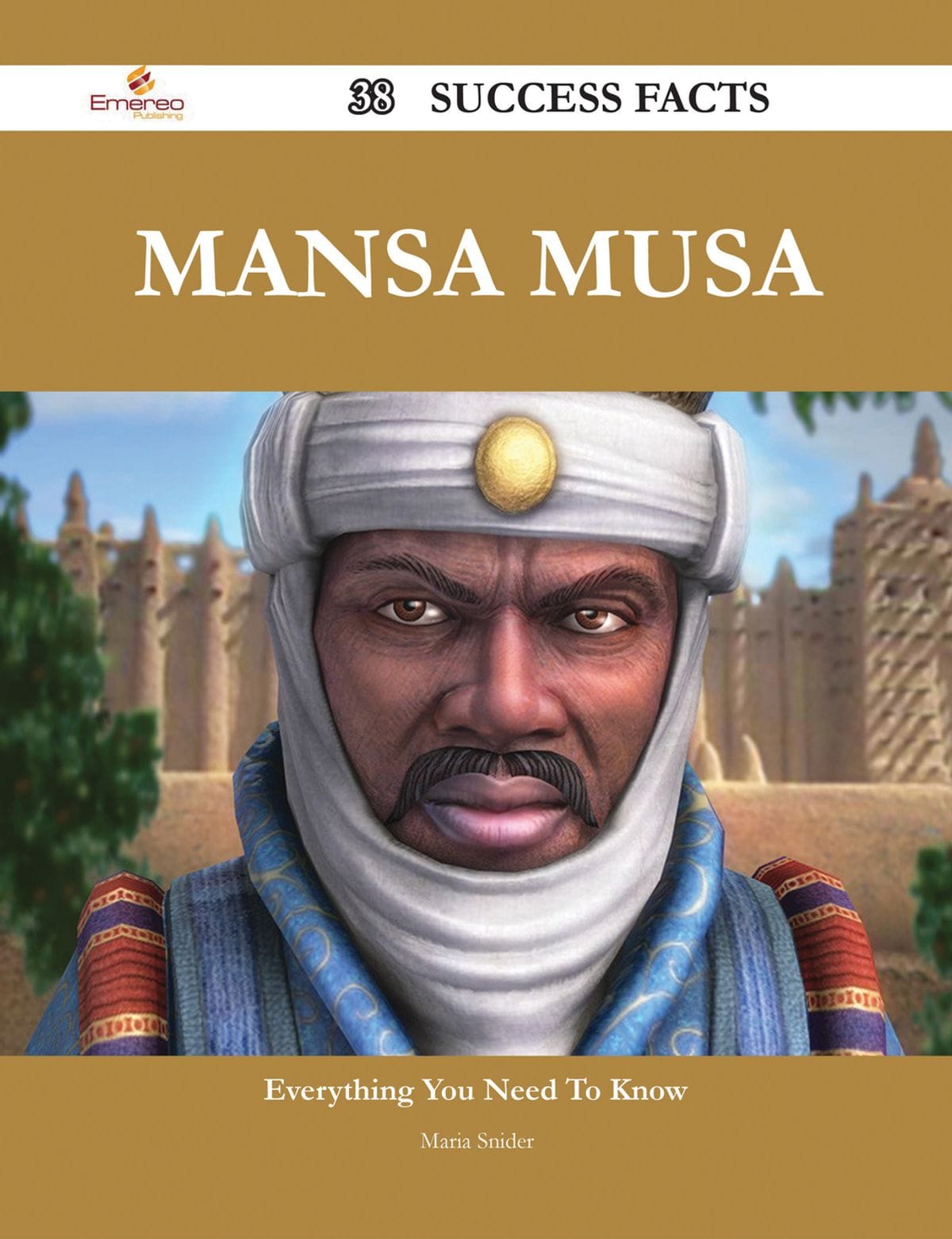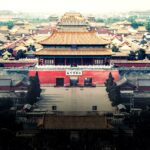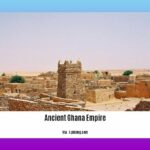Beyond the Gold: Mansa Musa’s Impact on Mali and the World
Mansa Musa: The 14th-century African king who redefined wealth and put Mali on the global map.
Mansa Musa I, the tenth “mansa” (emperor) of the Mali Empire, reigned from 1312 to 1337 CE. His reign is considered the golden age of the Mali Empire, marked by territorial expansion, economic prosperity, and flourishing intellectual and cultural life. Mansa Musa inherited a prosperous kingdom, strategically located along the trans-Saharan trade routes, but his leadership and vision propelled Mali to the forefront of the global stage.
His pilgrimage to Mecca wasn’t just a religious journey; it was a strategic display of Mali’s economic power that captivated the world.
In 1324 CE, Mansa Musa embarked on his famous pilgrimage to Mecca, demonstrating the immense wealth of the Mali Empire. Traveling with an entourage of thousands, including soldiers, officials, slaves, and camels laden with gold, he embarked on a journey that would forever etch his name in the annals of history. Accounts from the period described his caravan as a river of gold, captivating the imaginations of those who witnessed its splendor.
Mansa Musa’s generosity became legendary. Along his route, he distributed vast amounts of gold as gifts and charitable donations, particularly in Cairo. However, this act of generosity, while well-intentioned, had unintended consequences. The influx of gold into Cairo disrupted the local economy, causing significant inflation that took years to stabilize. This event offers a glimpse into the complexities of wealth and its potential to disrupt even as it enriches.
Mansa Musa’s legacy extends beyond gold, encompassing the expansion of Islamic learning and the architectural transformation of Mali.
Beyond his lavish displays of wealth, Mansa Musa was a devout Muslim who sought to promote Islamic learning and culture within his empire. Upon his return from Mecca, he invested heavily in the construction of mosques, libraries, and universities, transforming cities like Timbuktu into renowned centers of Islamic scholarship. He brought back with him architects and scholars from his travels, fostering a vibrant intellectual and cultural exchange between Mali and the wider Islamic world.
One of his most enduring legacies is the Sankore Madrasah in Timbuktu, a mosque and university that attracted scholars from far and wide, establishing Timbuktu as a major intellectual hub. This influx of knowledge and expertise contributed to advancements in various fields, including astronomy, mathematics, and literature.
By controlling the trans-Saharan trade routes, Mansa Musa didn’t just amass wealth; he shaped the interconnectedness of civilizations in the medieval world.
Mansa Musa’s reign marked a pivotal moment in African history, showcasing the power and sophistication of the Mali Empire. His story challenges Eurocentric narratives of history, highlighting the importance of African civilizations in shaping global trade, culture, and intellectual development. The legacy of Mansa Musa continues to resonate today, reminding us of the interconnectedness of civilizations and the enduring impact of visionary leadership.
To learn more about other significant empires in AP World History, be sure to check out the significance of the Inca.










1 thought on “Mansa Musa: How His Reign Launched Mali onto the AP World Stage”
Comments are closed.